At what age can you donate organs?
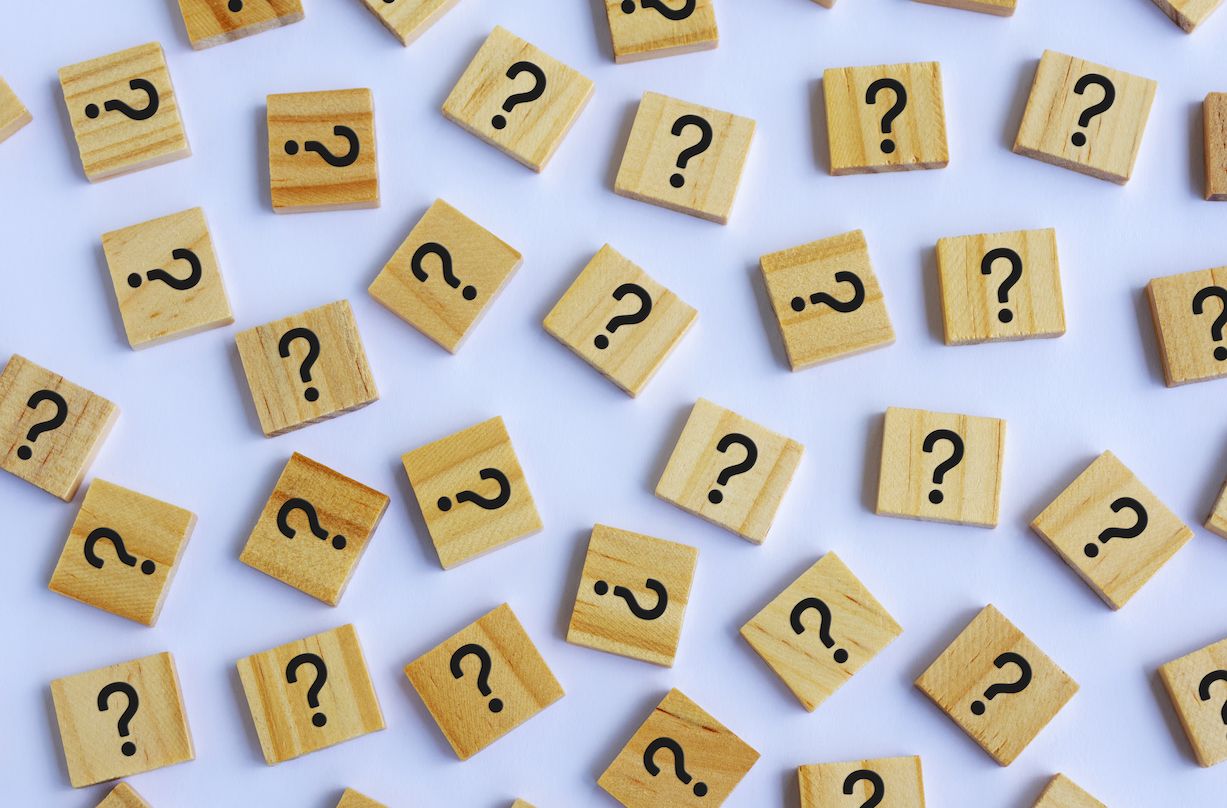

When talking about organ donation at home, it’s likely that your loved ones will have lots of things they want to ask you. But do you have the answers? Here’s how to answer some common questions that might crop up in your conversation.
“At what age can you donate organs?”
The answer to this is any age – so it’s good to let teenagers and older members of the family know that their age isn’t a barrier to being an organ donor. The decision about whether some or all of your organs are suitable for transplant is always made by medical specialists at the time of donation, taking into account your medical, travel and social history.

“Does everyone donate organs when they die?”
Actually, no. Most people are unaware that even if you want to be an organ donor, only 1% of deaths in the UK happen in circumstances where the body’s organs can be donated. And this is only determined in the hospital after death. This means that if more people are willing to be organ donors, the higher the chances that someone waiting for a transplant can be helped.
“What is cornea donation?”
It helps to save or restore someone’s vision and is known as “the gift of sight”. If you do decide to donate your corneas, it’s important to know that your eyes are not transplanted whole. Your cornea is the clear outer layer at the front of the eye and amazingly they can even be donated by people with poor eyesight.
“Can the family say no to organ donation?”
Organ donation will always be discussed with the family before it goes ahead. Whether you would like to be an organ donor or not, the best thing you can do is to register your decision on the NHS Organ Donor Register and then tell your loved ones. This gives them the certainty to support your decision at a difficult time.

“Would I still have a funeral?”
If you were to donate organs after you die, these plans wouldn’t be affected. The donation of organs happens very soon after death and so being an organ donor does not mean you can’t have a funeral.
“Does my religion allow me to donate”
There’s no reason why faith should be a barrier to being an organ donor. All major religions and belief systems are open to the principles of organ donation and transplantation, but it might be helpful and reassuring to speak to a faith leader when making your decision about organ donation.
GoodtoKnow Newsletter
Parenting advice, hot topics, best buys and family finance tips delivered straight to your inbox.
To get all the facts on organ donation, visit organdonation.nhs.uk.

Senior writer Ali Horsfall has almost 15 years of experience as a journalist and has written for national print titles and women’s lifestyle brands including Woman & Home, Woman, Woman's Own, BBC magazines, Mothercare, Grazia and The Independent.
-
 Say goodbye to bad hair days this summer with the Laifen Swift dryer – a third cheaper than the Dyson Supersonic
Say goodbye to bad hair days this summer with the Laifen Swift dryer – a third cheaper than the Dyson SupersonicBy Emily Stedman Published
-
 How does a bad night’s sleep affect your sporting performance?
How does a bad night’s sleep affect your sporting performance?Here's why you perform better when you sleep well.
By TEMPUR® Published
-
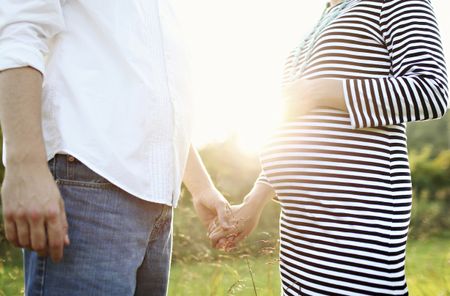 Organ donation: “I’m happy we’ve had the talk”
Organ donation: “I’m happy we’ve had the talk”By Ali Horsfall Published
-
 Loving wife shares organ donation story of “hero” husband
Loving wife shares organ donation story of “hero” husbandBy Ali Horsfall Published
-
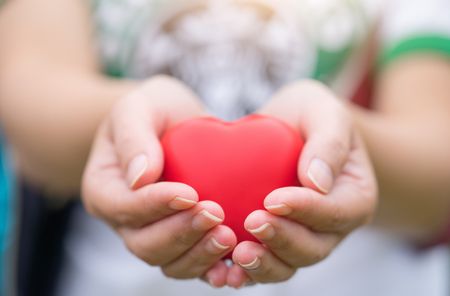 Proud mum supported son’s decision to be an organ donor
Proud mum supported son’s decision to be an organ donorBy Ali Horsfall Published
-
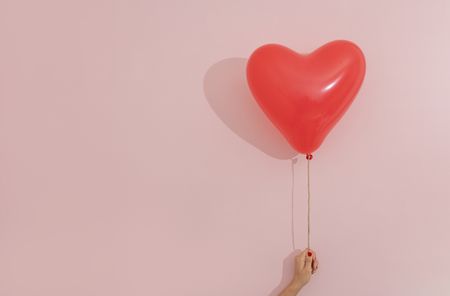 Organ donation: “I received the gift of laughter”
Organ donation: “I received the gift of laughter”By Ali Horsfall Published
-
 How many lives could one organ donor save?
How many lives could one organ donor save?By Ali Horsfall Published
-
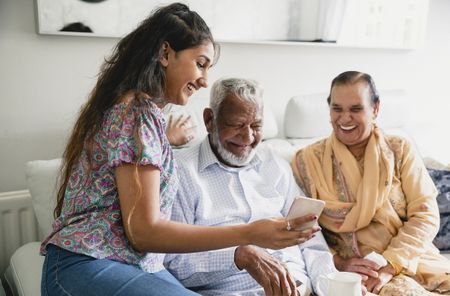 How to talk to grandparents about donating their organs
How to talk to grandparents about donating their organsBy Ali Horsfall Published